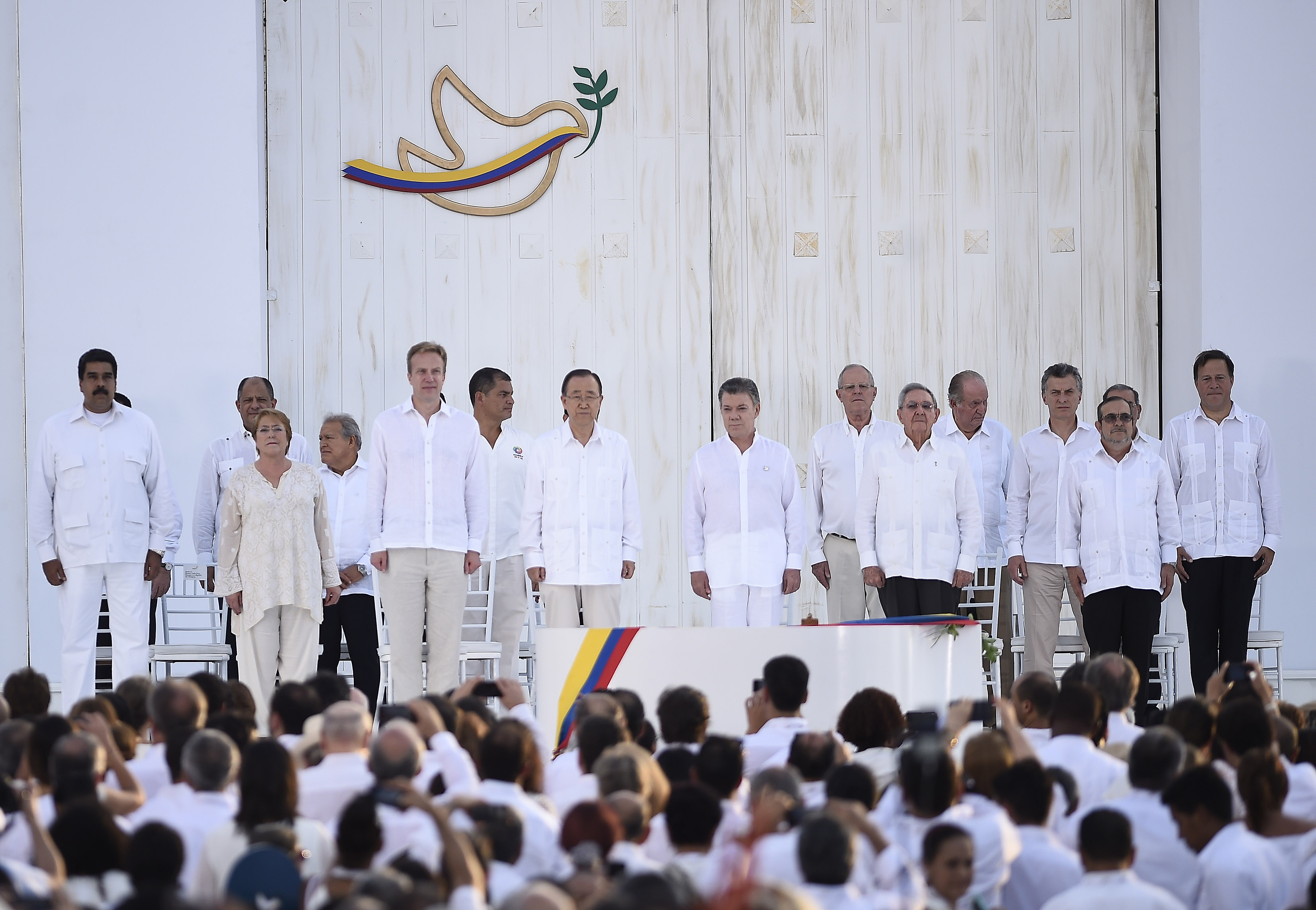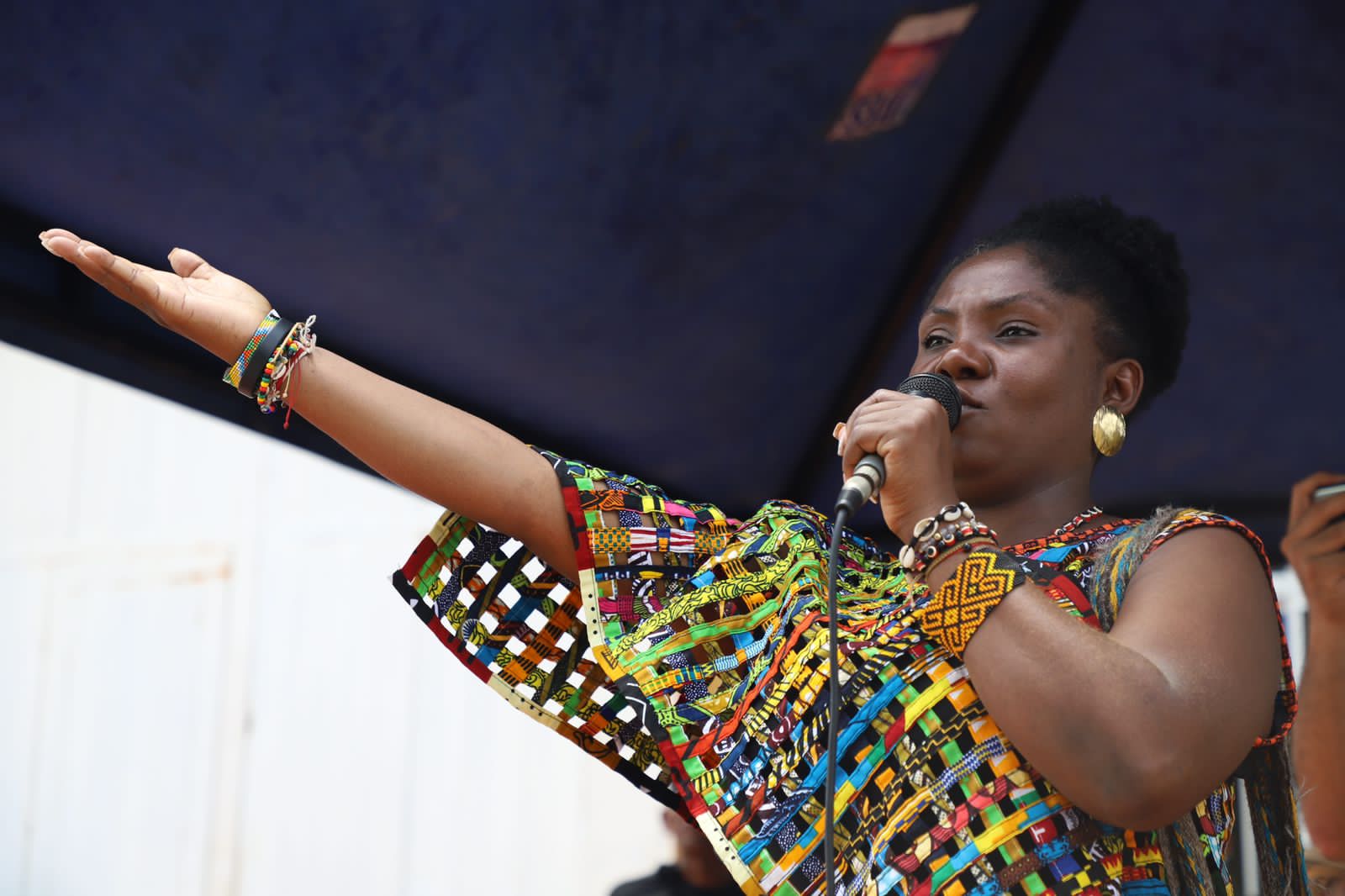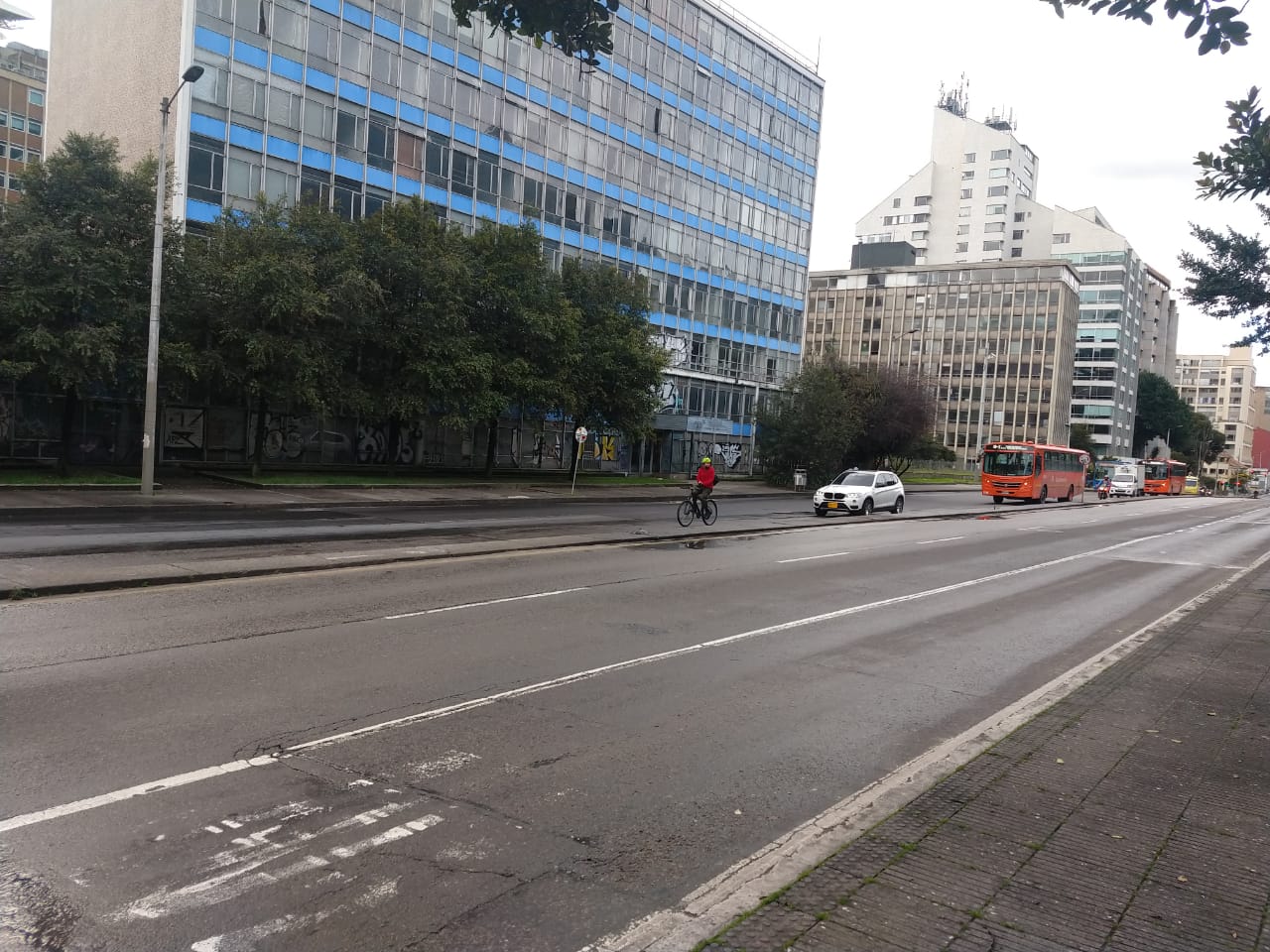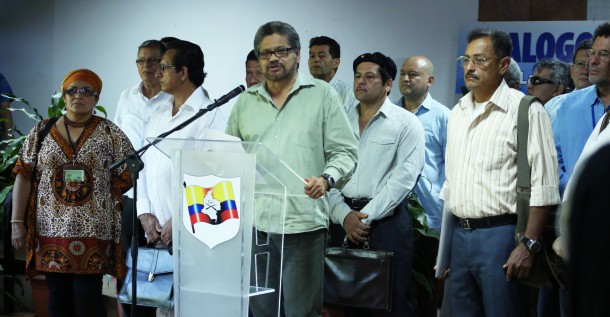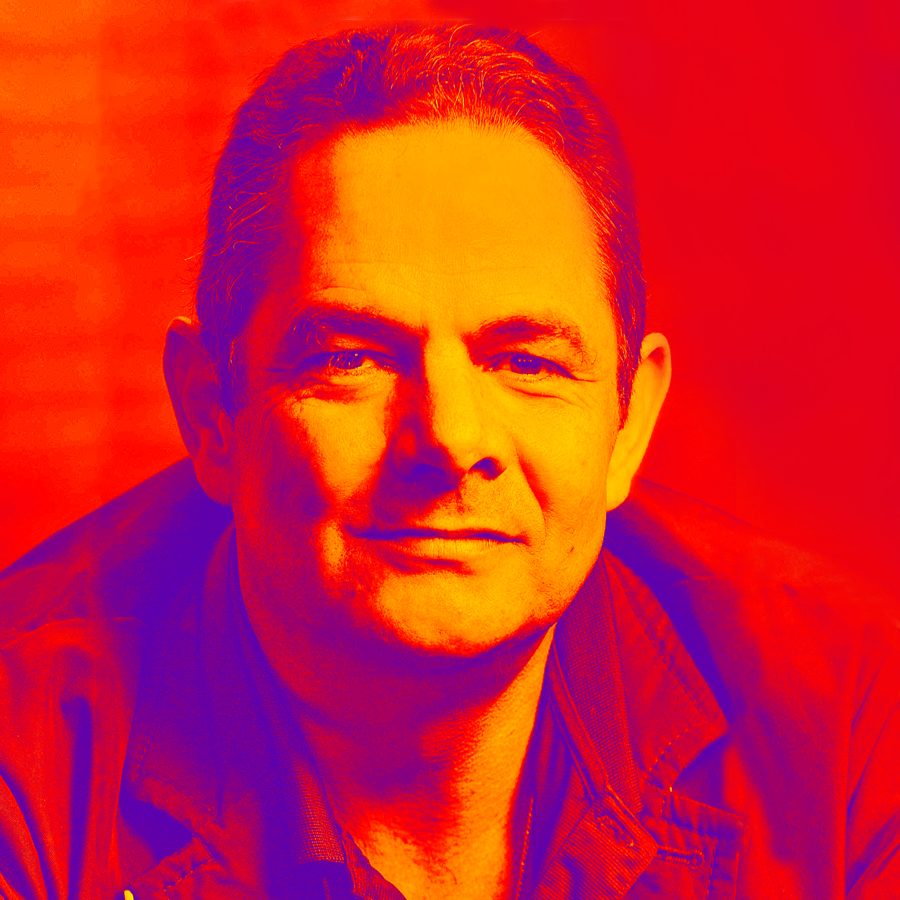In an effort to stem the tide of protest, President Duque has laid out plans for four months of national conversations.
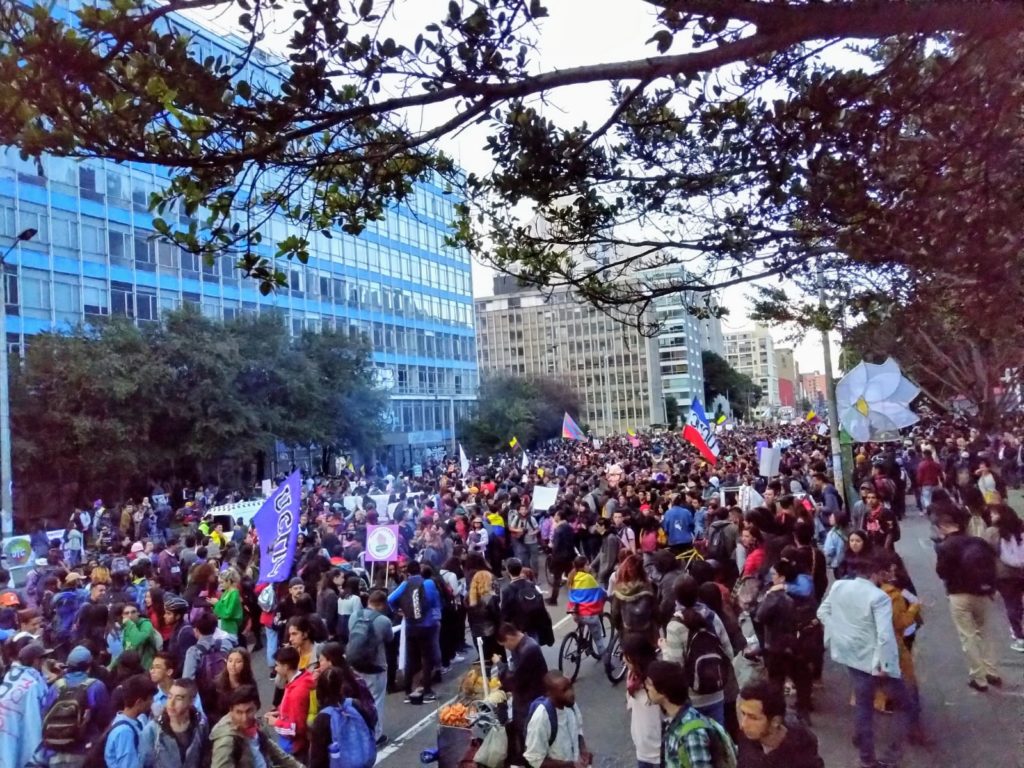
President Iván Duque held a meeting with the country’s incoming mayors and governors at the Casa de Nariño on Sunday, in a bid to calm country-wide tensions.
The national strike that began on November 21 shows no signs of stopping and the meeting – originally scheduled for later in the week – was the government’s attempt to pour oil on troubled waters as we move into the fifth day of unrest.
Duque assured the local leaders-in-waiting that he wants to work with them to respond to the needs of the citizens, who have taken to the streets with a litany of complaints and frustrations.
The new mayors and governors, who will take their positions at the start of next year, arrived with a range of proposals. From Medellín’s mayor-elect, Daniel Quintero, who called for a constitutional assembly which would change the country’s constitution to Claudia López from Bogotá who advised the president to meet with protest leaders.
During the meeting Duque launched a Gran Conversación Nacional (a national conversation) which he said would last until March 15. The conversation will include meetings with citizens from different economic, political and social sectors across the country, including students, academics, Community Action Boards, unions, churches, social leaders, workers and entrepreneurs, as well as indigenous, Afro-Colombian and rural communities. There will also be a platform online where people can share their thoughts.
He said the dialogues would serve as a space to generate more confidence between citizens and the country’s institutions, and to work to close social gaps. The Colombian Workers’ Union, CUT, hit back at Duque’s proposal and called for the strike to continue.
In a press statement, they said: “The government of Iván Duque has not specifically resolved any of the reasons for the strike and the national police continue to make use of excessive force against the general population.”
What is the Gran Conversación Nacional?
Starting tomorrow, the Gran Conversación Nacional will centre around six themes: growth with equity, transparency and the fight against corruption, education, peace with legality, environment, and strengthening the country’s institutions. Diego Molano, director of the administrative department of the Presidency, will coordinate the initiative.
After previously trying to dismiss protesters as guerillas and extremist forces, the president softened his tone towards them and their demands for employment and education. He said that while he was concerned by the demonstrations, he also viewed them with “admiration”.
“The citizens of Colombia are expressing themselves, those who are marching and those who are not marching,” he said, adding that “they have accumulated dissatisfaction for years, for decades.”
Read more on Colombia’s national strike:
Strike leaders tell the government to listen
November 21 in photos
Find here all our coverage on Colombia’s national strike
At the same time, he defended his government, noting that it has already been working hard to meet the needs of all Colombians through its National Development Plan, which focuses on social justice and equity as well as opportunities for better access to healthcare, education, housing, water, sanitation, and roads.
“Inducing citizens to aggressive expressions is not how democracy is built. The conversation has something very positive, and that is that in conversation we put ourselves in the shoes of the other, we understand the reasoning of the other, we understand the concerns of the other,” he said.
The president added that he wanted to take advantage of the opportunity to have a wide-ranging constructive conversation on how to collaborate moving forward, and would listen to the concerns and proposals of the governors-elect while also following up with visits to different departments.
“The success of the mayors and governors is the success of our country,” he said.
Following the meeting with Duque, Claudia López, mayor-elect of Bogotá, called for humility on the part of the government to acknowledge its mistakes, and to make changes and concessions before the official end of the Gran Conversación Nacional on March 15. She also criticised the use of excessive force on the part of the ESMAD police force against nonviolent protestors and spoke of the importance of direct dialogue with citizens and organisations rather than with government officials.

